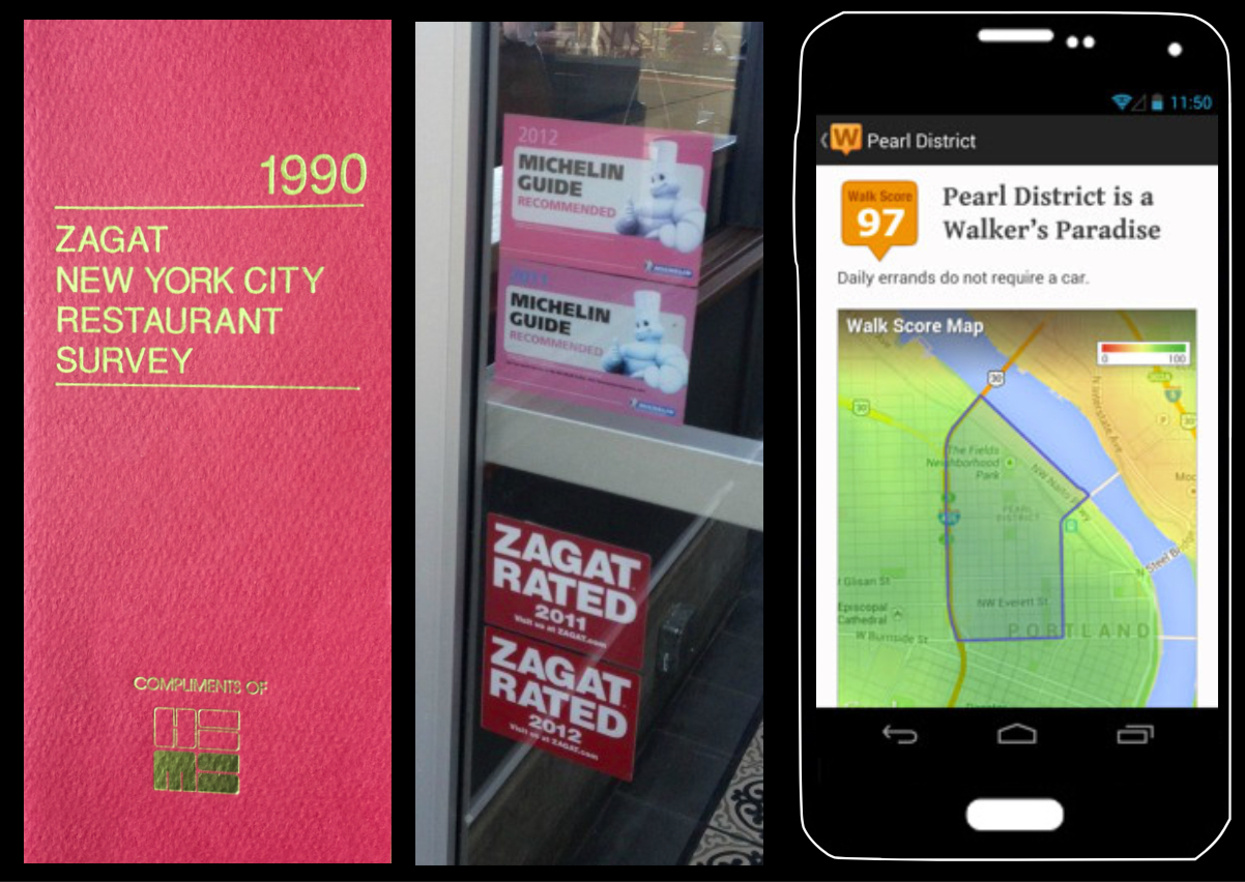Conference Grants: Will Payne at the Future of Food in St. Louis

This past Fall, we were pleased to offer several grants to support our students in sharing their research at the premiere conferences in their field. Below, Will Payne shares about his experience at the Future of Food Studies.
This past month, I used travel grant funding from the Berkeley Center for New Media to support my participation in the Future of Food Studies conference, the second national meeting of the Graduate Association for Food Studies (GAFS), held at Washington University in St. Louis. The paper I presented, "The Zagat Survey as Class Strategy: Quantified Consumption and Urban Change in 1980s New York,” was part of a session entitled "Picky Eaters: Consumer Agency & Decision Making”, along with papers critiquing the idea of authenticity in online “ethnic” restaurant reviews, examining the process of creating government dietary guidelines in Sweden, and looking at the impact of values-based school lunch reform on food service workers. The paper came out of archival research I conducted, also with BCNM support, on the pre-digital origin of contemporary urban location-based services in the shifting professional world of early 1980s New York City.
In the early 1980s, New York City lawyers Tim and Nina Zagat created a new kind of restaurant guide, the Zagat Survey, aggregating individual preferences based on social scientific methodologies and designed to meet the expanding informational needs of a growing professional services class in a deindustrializing city. In my paper, I trace the contradictions inherent in this new cohort assuming more control over the city's cultural capital through a guide hailed as a populist rejoinder to the tyranny of elite restaurant reviewers, but only made possible by the spread of microcomputing technology and work practices in white collar workplaces. I use the Survey to trace the pre-history of contemporary digital location-based services like Yelp, Foursquare, and Google Local through their most direct (semi-)analog antecedent, revealing some of the ways in which aggregated reviewing systems have shaped both the experience and form of cities across the Global North. BCNM support was invaluable in helping me present my research to a group of scholars of food across a wide range of humanities and social science disciplines, and to build relationships with future collaborators and peers at other institutions."
